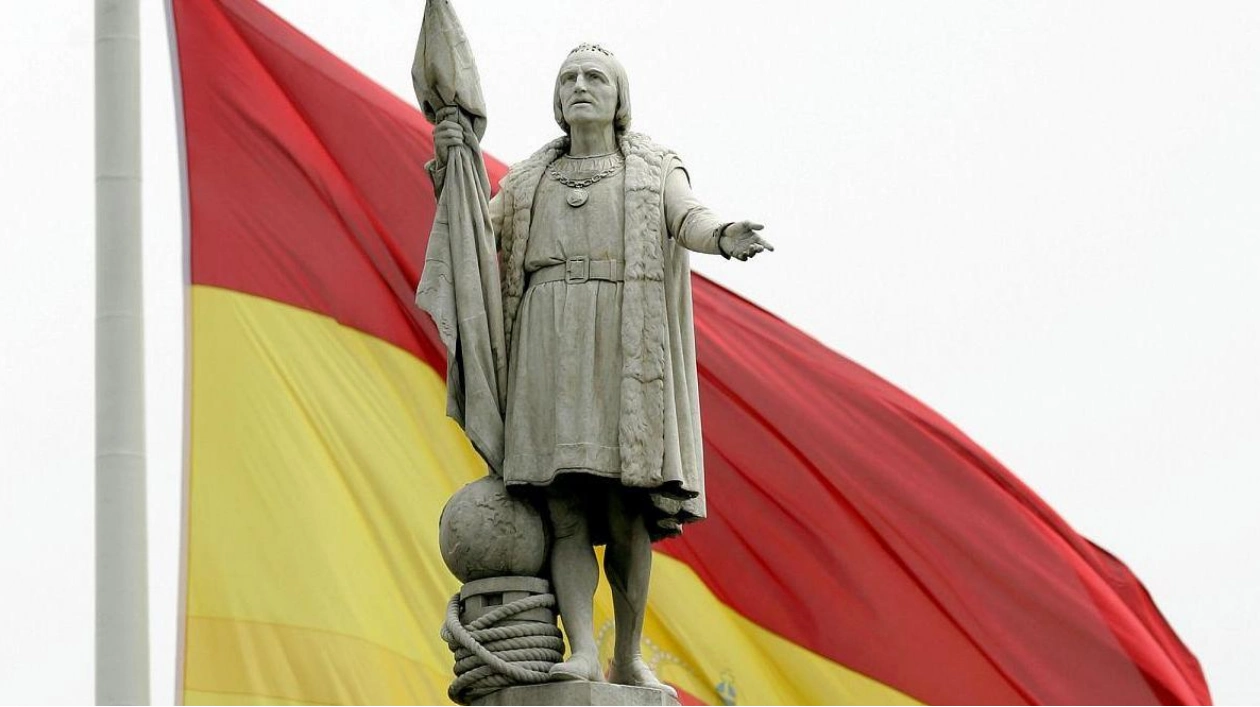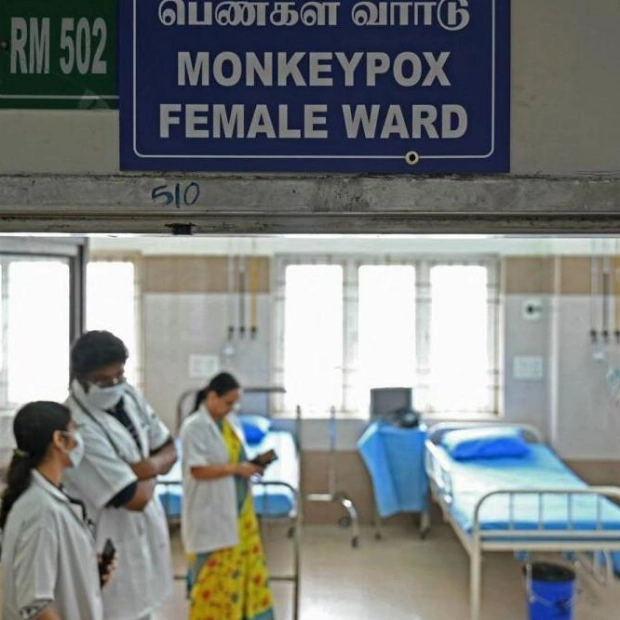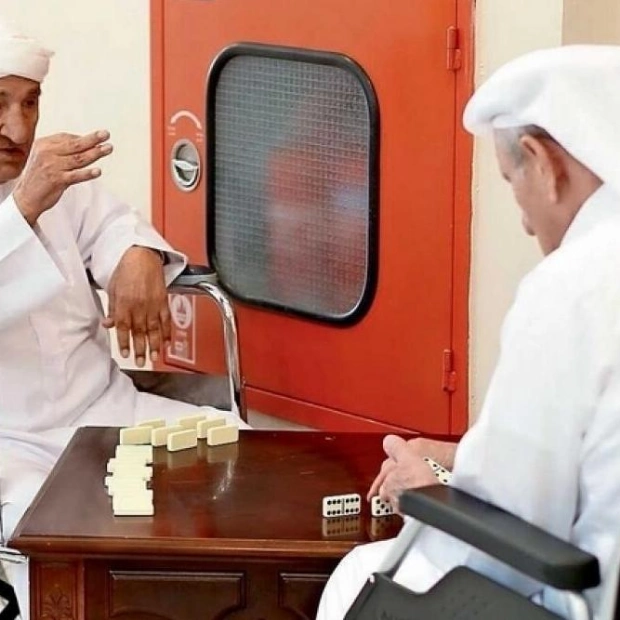The centuries-old enigma surrounding Christopher Columbus and his final resting place may have finally been resolved. A new scientific study by the University of Granada reveals that the navigator and colonizer may be buried in Sevilla, after a DNA analysis confirmed that some of his remains are housed in the Cathedral of Sevilla.
By analyzing small bone fragments and comparing them to the DNA of Columbus’ direct descendants, the scientists have managed to confirm with “absolute certainty” that the explorer’s final resting place is Spain, ending the debate over the location of Columbus’ tomb. “This is a groundbreaking discovery that settles a long-standing historical debate,” said forensic scientist and professor of Legal Medicine at the University of Granada Dr. Jose Antonio Lorente, who is the lead researcher on the project. “We can now say with absolute certainty that Christopher Columbus is buried in Sevilla Cathedral.”
Columbus died in Valladolid, Spain, in 1506. His remains were moved several times, eventually ending in Seville in 1898. However, the discovery of a lead casket containing bones believed to be Columbus’s in the Dominican Republic in 1877 complicated matters, and led Dominicans to claim that the remains in Seville were that of Columbus’ son, Diego.
The new findings will be detailed in a forthcoming documentary, Columbus’s DNA: The True Ancestry, airing on Saturday on Spanish public broadcaster TVE. Directed by Regis Francisco López, it is based on a scientific and historical investigation of more than 20 years led by Lorente, and has been billed as a documentary thriller that will also reveal the true origin of the explorer. Traditional theory posits that he was from Genoa, Italy. However, other European nations claim to be Columbus’ birthplace, including Portugal, Ireland, Sweden and Croatia.
Columbus’s DNA: The True Ancestry, premieres Saturday on Spanish public broadcaster TVE.






